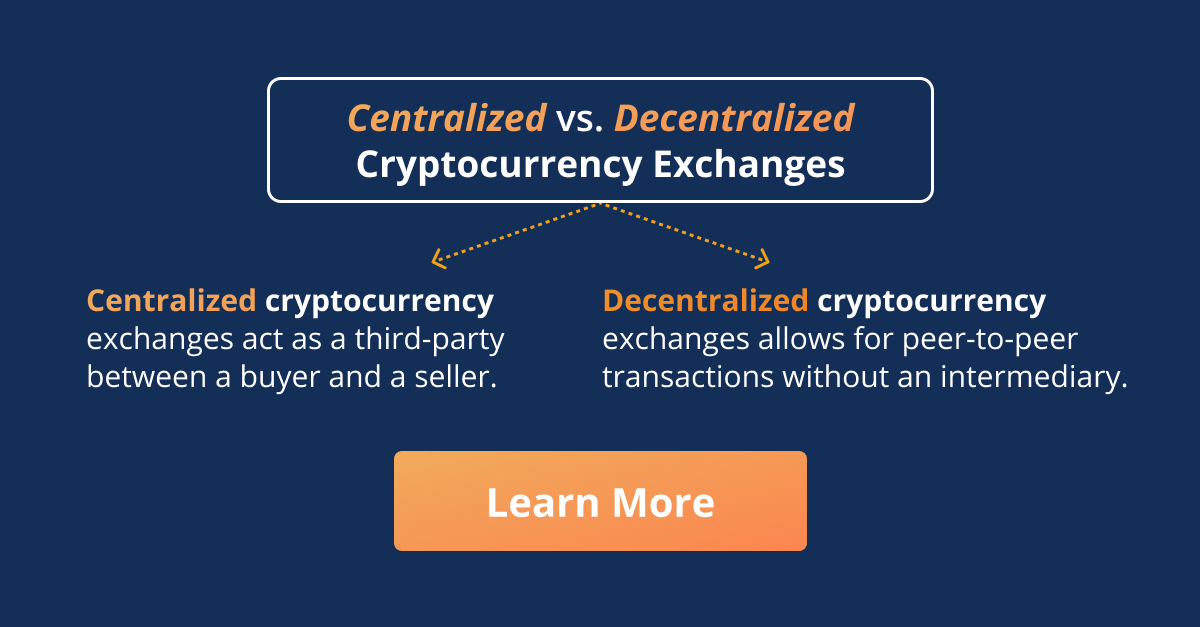While SBF/FTX managed to blindside people (SBF put out a tweet a few months back saying that people might be seeing a few wallet movements but that it was regular house keeping - we know now that it wasn't), onchain analytics is getting better and better. These are still public blockchains - and there are a number of professional analytics firms that concern themselves with blockchain analytics exclusively, being able to label particular wallets as belonging to various exchanges, etc. Binance is the worlds biggest exchange - and so they would have had quite a lump of FTT. Questions would have been incoming immediately I would imagine if they pulled the trigger and started to sell it. So I'd imagine Binance would want to get out ahead of that.
There's another aspect to this story. SBF/FTX was the second biggest contributor to the DEMs over the past 12-24 months. Alameda's CEO's Dad was Gary Gensler's (SEC chair) boss in his last gig at MIT. SBFs mother is best buddies with leading DEM Elizabeth Warren (who ironically is dead set against crypto).
Both FTX and Binance had submitted proposals to take over Voyager (a publicly listed crypto lender that had gone to the wall earlier in the year). It's believed that SBF was bad mouthing Binance as being a non-compliant exchange under the control of the Chinese. SBF put out a tweet poking fun at the Binance founder suggesting he wouldn't be welcome in Washington DC. In tandem with all of that, SBF had basically written his own regulation - and on the basis of that pay for play - it was about to be put forward. It would have screwed purely decentralized exchanges and competitors and given him a monopoly.
That's the background. It's still unclear if this was just a pragmatic move by the Binance founder, a mixture of pragmatism with a touch of vendetta to it, or that he really knew that there was a major hole in their balance sheet. It's probably unlikely to be the latter. Although a competitor has been erased, none of this is useful for anyone in crypto (at least in the short term).

